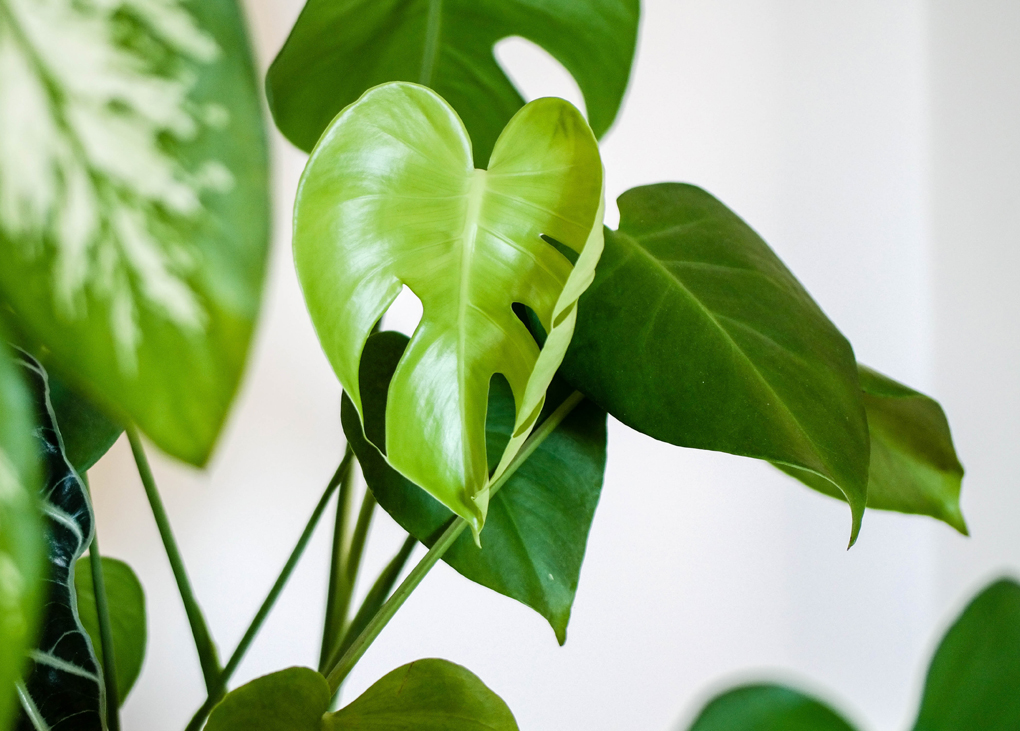It is a modern myth that has become universally accepted as fact: that houseplants help to reduce indoor air pollution.
But a recent study by Drexel University scientists has proved that plants have little to no impact on indoor environments.
The original study that found plants were beneficial in an indoor environment was conducted by NASA (the National Aeronautics and Space Administration) in 1989.
That research, however, was conducted in an airtight lab. The NASA scientists tested how many micrograms of health-harming VOCs (volatile organic chemicals) were removed by houseplants in a sealed chamber over 24 hours.
In a home or office environment, there is too much air movement for a plant to have any great effect.
Associate professor of architectural and environmental engineering in Drexel’s College of Engineering, Michael Waring, PhD, says it has been a commonplace misconception for some time.
“Plants are great, but they don’t actually clean indoor air quickly enough to have an effect on the air quality of your home or office environment,” he says.
Waring and one of his doctoral students, Bryan Cummings, reviewed 30 years of research to draw their conclusions and recently published findings in Nature’s Journal of Exposure Science and Environmental Epidemiology.
Waring and Cummings’s research takes the data they reviewed one step further, by using it to calculate a measure called the “clean air delivery rate” (CADR). They found that the rate at which plants dissipated VOCs in a chamber was slower than the standard rate of air exchange in a building, proving the plants’ overall effect on indoor air quality to be negligible.
While plants remove a minute amount of toxins, an open window in a house or ventilation system in a building purifies the air far more quickly. It is estimated that between 100 and 1,000 plants per square metre would be needed to impact on air quality.
Waring says it is a good example of how scientific findings can be misleading or misinterpreted over time.
It’s not all bad news, though. In an interview with The Philedelphia Inquirer, Waring said plants do have positive psychological benefits.
So keep planting your philodendrons!
For more information click here, or you can access the full study here.



Leave a Reply